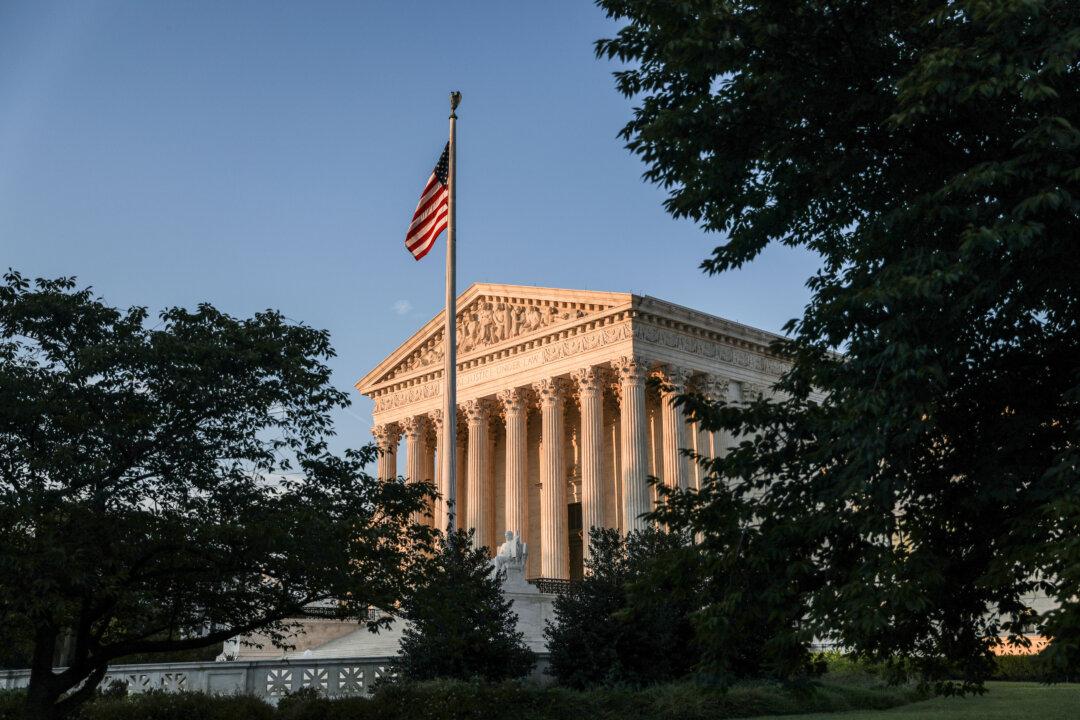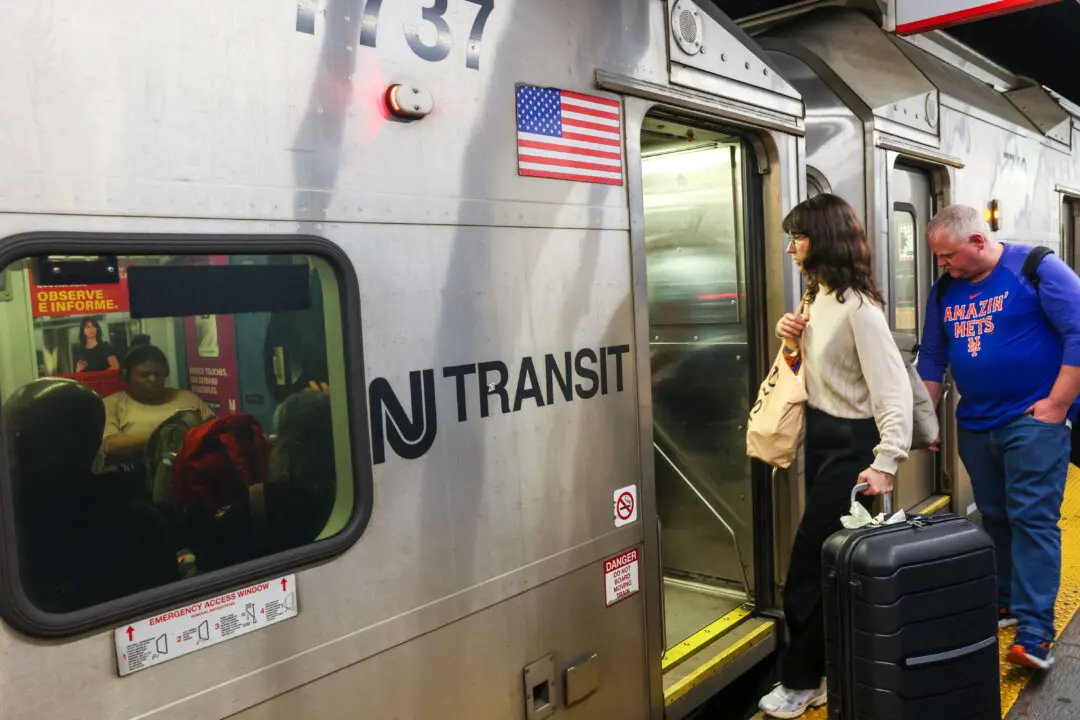In a case that has political overtones as the 2020 presidential contest begins to take shape, lawyers for a Colorado homeowner facing foreclosure under an expedited nonjudicial foreclosure process urged the Supreme Court to extend to him the protections of a federal law governing debt collections.
The case pits left-wing activists and officeholders against banks trying to protect their shareholders when homeowners can’t pay their bills. Politicians such as Sen. Elizabeth Warren (D-Mass.), who filed a brief in the case, say borrowers need more protection.





